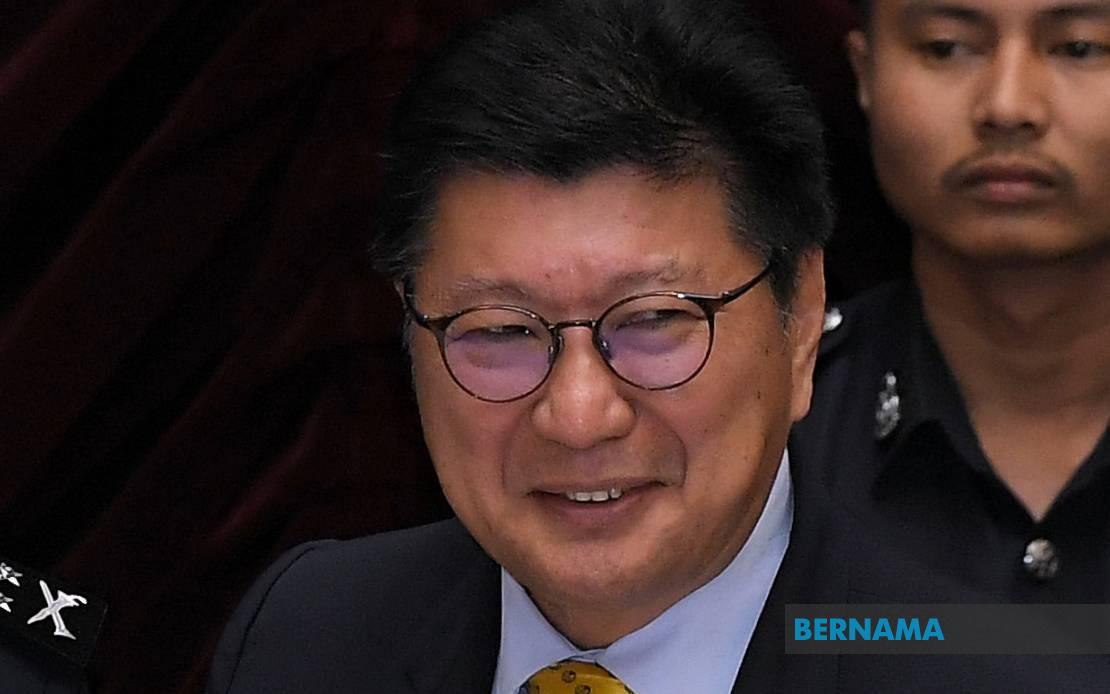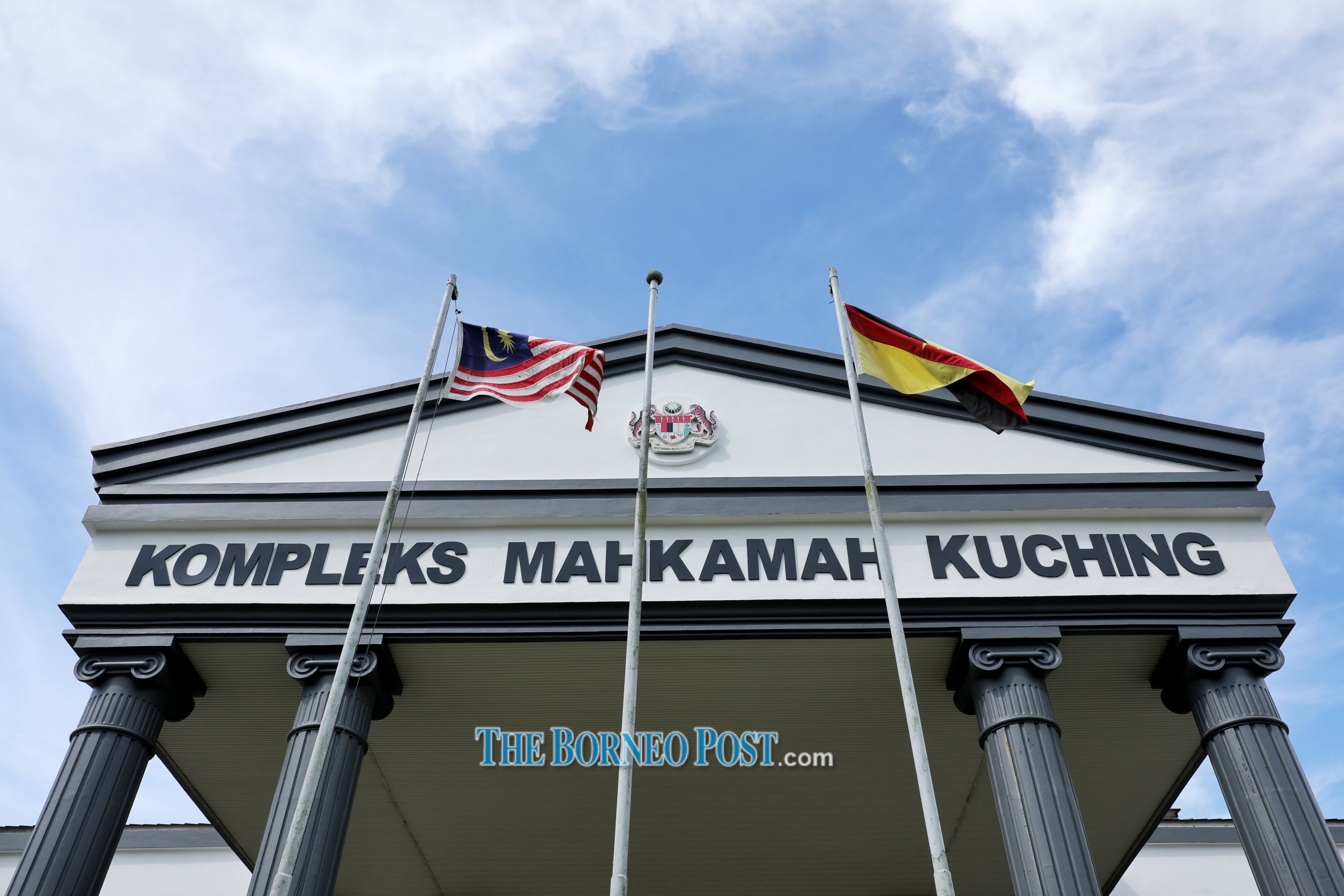ADVERTISE HERE

Tan Sri Soh Thian Lai – Bernama file photo
KUCHING (Jan 22): The Federation of Malaysian Manufacturers (FMM) has called on the authorities to suspend the increase in rates and frequency of the foreign worker medical examination requirement to avert higher regulatory burden and cost to businesses.
Its president Tan Sri Soh Thian Lai also urged the authorities to convene a stakeholder engagement on the latest requirement and review the relevance of having a third-party service provider.
“FMM is disappointed with the manner in which Foreign Workers Medical Examination Monitoring Agency Sdn Bhd (Fomema) and the Ministry of Health (MoH) have dealt with the recent announcement on increase in rates and frequency of the foreign worker medical examination requirement.
“Manufacturers in total will now incur about RM124.2 million annually in foreign worker medical examination cost for approximately 600,000 foreign workers in the sector as a result of the immediate 14 to 15 per cent increase in fees.
“The annual requirement will now increase the medical check-up by another four times for a worker who is here for 10 years which will come up to approximately RM500 million in additional cost for the sector (based on 600,000 foreign workers in the sector),” he said in a statement today.
According to Soh, the previous frequency would be sufficient to monitor the health conditions of the worker with the mandatory requirement for the first three years and subsequent checks done on alternate years thereafter, which could pick up on any communicable diseases which the workers would have come with from their home country.
He opined that the continued increase in regulatory cost burdens on industries will just further dampen business operations which are already facing challenging times with the deepened uncertainties on the external front due to new geopolitical disruptions and ongoing shifts in the global economic order.
He said it is thus imperative for the authorities to recognise the impact of the regulatory ecosystem on the business environment and not unilaterally make decisions without due consultation with the stakeholders who are at the receiving end of their one-sided decisions.
“The industry wants to understand the rationale and justification for the expansion of the list of tests required for foreign workers resulting in the hike in rates as well as the increase in frequency of the medical examination to annually,” he asserted.
Soh pointed out that Fomema had disregarded the fundamental need to consult with stakeholders prior to implementing the policy changes which is also a critical element of the National Policy on Good Regulatory Practice (NPGRP).
While the NPGRP may not directly apply to Fomema, but as a company operating the foreign worker health screening system on behalf of the MoH, the basic elements of the NPGRP should have been followed in particular the need for a Regulatory Impact Assessment (RIA) to be conducted prior to the increase in rates and frequency which would result in higher regulatory burden and cost to businesses, he explained.
He regretted that a proper communication plan to stakeholders had been disregarded as the announcement on the changes was only made one day prior to the coming into force of the higher charges and frequency of medical examination and only published on Fomema’s website and social media accounts without any prior public consultation or communication with relevant stakeholders.
“This has added to the further disappointment and frustration of the business fraternity who were caught unaware of the changes,” he lamented.
At the same time, Soh said the industry is also inclined to propose to the government to review the role and relevance of Fomema in the foreign worker management system.
Towards this end, he said FMM had called on the government to implement a single end-to-end online system which will address the efficiency and weaknesses in the foreign worker management system including eliminating unnecessary third-party service providers along the process.
“With the advent of technology and digitalisation, the clinics accredited to carry out the foreign worker medical examination according to the specifications set out by the MoH can directly input the medical examination results into the system for the next stage of approvals in the system,” he added.









 English (US) ·
English (US) ·